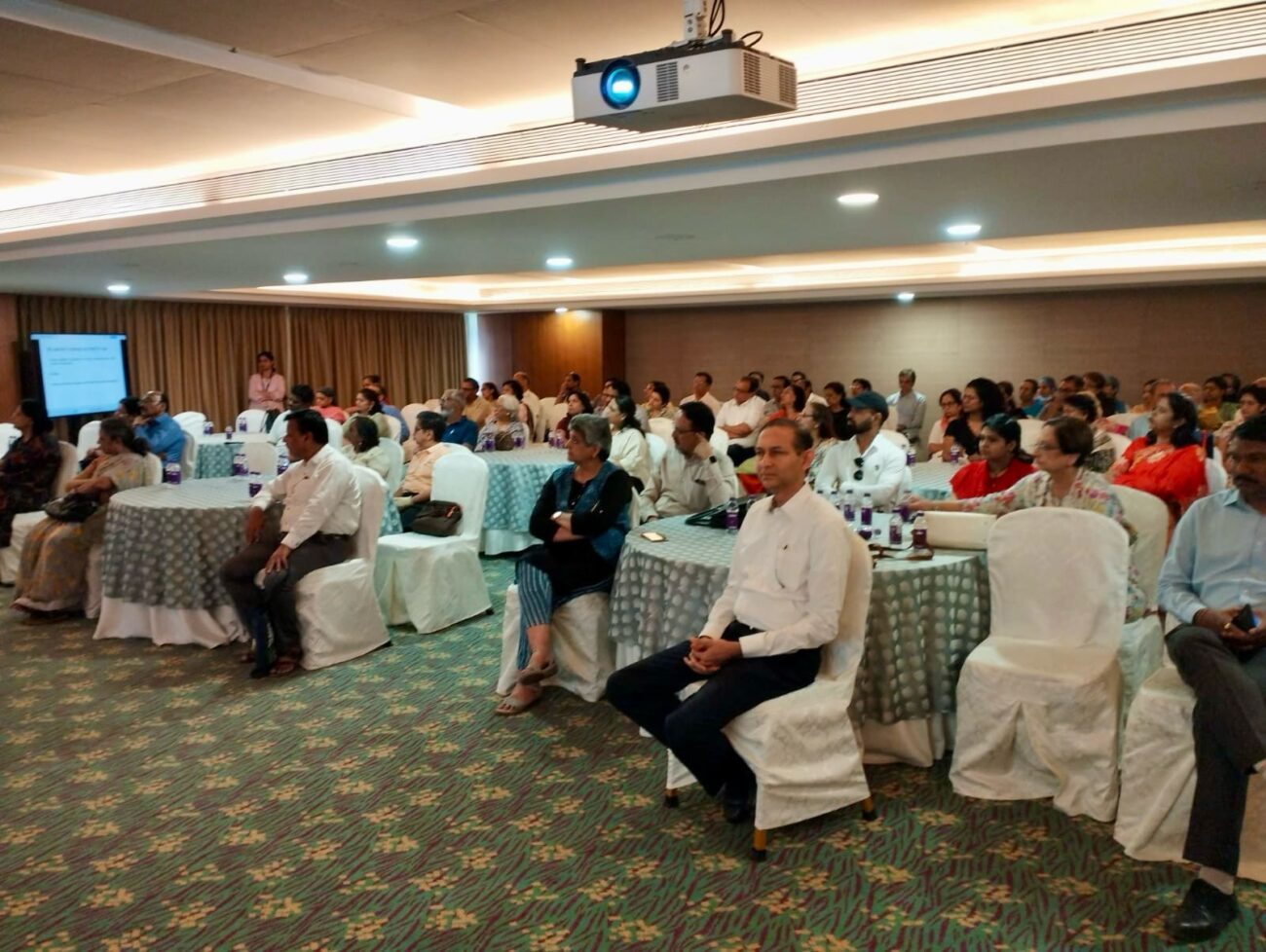Stimulatory cell receptors key to three-drug combinations in future immuno-oncology treatments, says GlobalData
Emerging three-drug combinations are poised to redefine the immuno-oncology treatment paradigm in advanced malignancies with high unmet need, according to GlobalData, a leading data and analytics company. The oncology market is saturated with new drugs that
Emerging three-drug combinations are poised to redefine the immuno-oncology treatment paradigm in advanced malignancies with high unmet need, according to GlobalData, a leading data and analytics company.
The oncology market is saturated with new drugs that target the immune system, however, these only target part of the problem caused by cancer’s ability to hide from the immune system.
Miguel Ferreira, Oncology & Hematology Analyst at GlobalData, comments: “To achieve the full potential of this strategy, new targets that independently trigger immune activation in addition to blocking cancer-mediated suppression of the immune system are needed.”
One of the current strategies using checkpoint inhibitors in certain cancer types involves treating with a PD-1 inhibitor, which blocks the ability of the cancer to silence necessary immune cells, and adding a second drug, such as an angiogenesis inhibitor to help stabilize the response by disrupting the tumor microenvironment. What is currently missing is a third component, a drug targeting a co-stimulatory T-cell receptor which must directly, and independently, activate T-cells to initiate an immune response.
Ferreira says: “CD40 has been identified as the leading stimulatory receptor in T-cells that would allow for a three-drug combination strategy by being the agent involved in directly activating the immune response. As a single drug treatment, the dose required to get a sufficient effect might be too high and therefore too toxic but when used in combination, a lower dose can contribute to the potential synergism between drugs targeting different aspects of the immune system against cancer.”
Solid tumours have presented a particular challenge since these develop particular resistance mechanisms against treatment. There are some trials by Roche and BMS which explore this three-drug combination strategy and are estimated to be completed by 2020 and 2021, respectively. Once CD40 agonists become an established part of the treatment paradigm in solid tumours, interest will increase in bringing a similar approach to hematological malignancies.
Ferreira concludes: “CD40 would equally be a key component in combination treatments for hematological malignancies, however, an eventual three-drug combination would include a third non-redundant novel checkpoint inhibitor targeting LAG-3, CD47 or TIM-3 rather the stabilising agent used for solid tumours.”





